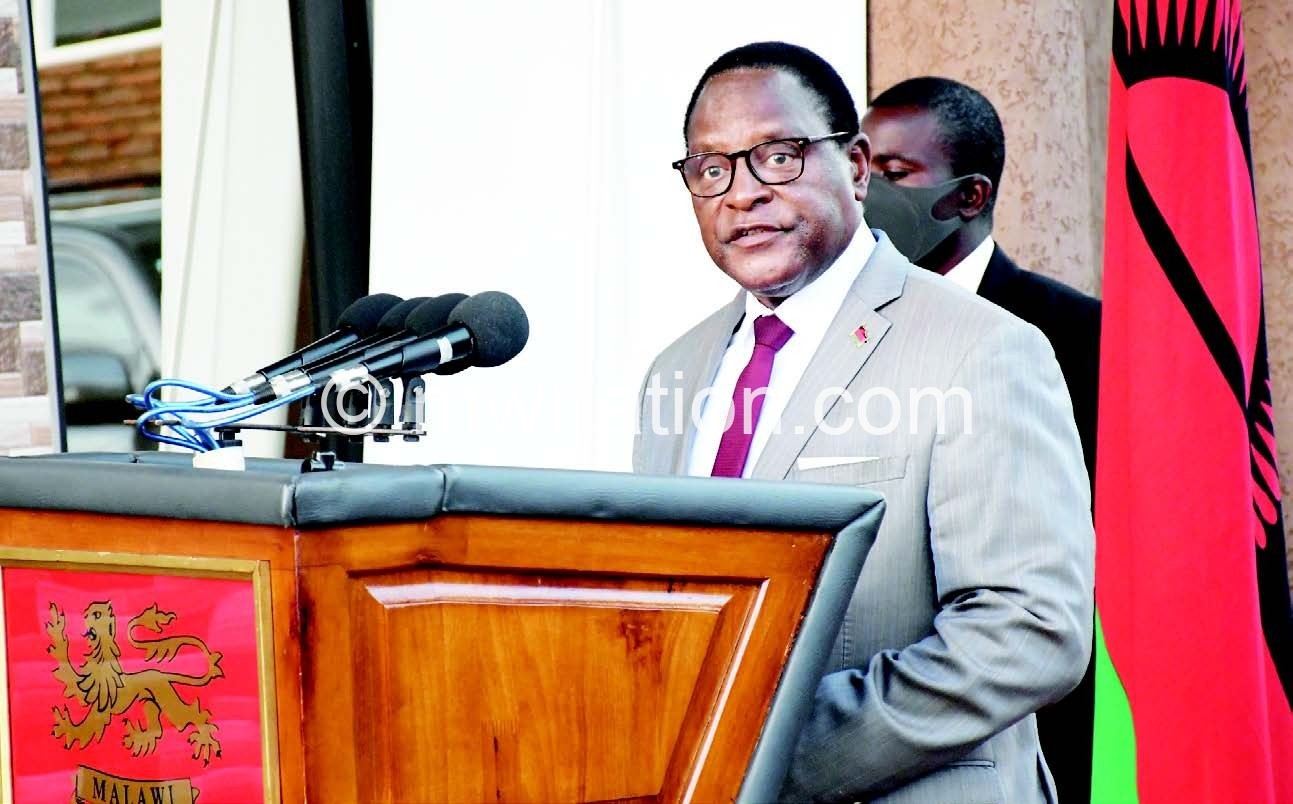Malawians too should take up tough jobs
In the midst of controversy over its lack of funds and budget use, the World Health Organisation (WHO) got an Ethiopian as its new director general.
Tedros Adhanom (PhD), becomes the first African to win the high-profile post since its establishment in 1948.
State members of the United Nations (UN) body elected Tedros on Tuesday, May 23 2017, at a voting cast in Geneva, Switzerland, turning him to be an influential executive in the UN post coming from a developing country to run the WHO for the next five years.
The new position will give Tedros an opportunity to have a noteworthy impact on the organisation and the entire global health system.
The election of Tedros is expected to raise the influence of Ethiopia and Africa in the global health arena.
Five months ago, his closest colleague and former minister of Health, Kesetebirhan Admasu (MD), also became the CEO of the Roll Back Malaria Partnership, which was launched in 1998 by WHO, United Nations Children’s Fund (Unicef), United Nations Development Programme (Undp), and the World Bank to fight malaria globally.
Ladies and gentlemen, these are top jobs and high paying, too.
For a few months I stayed in the African capital, Addis Ababa, I met men and women from Malawi who are working with UN agencies and other international organisations. It really makes us, on the streets, proud to see fellow Malawians occupying such high-level decision-making positions.
Sadly, there are only a few Malawians in these jobs. Nigerians, Kenyans, Ethiopians, Zimbabweans and Zambians, just to mention but a few African nationalities, outnumber us 1 to 10 on the global stage.
Yet we have so many Malawians who are educated, in fact, well educated to compete for top positions. No? But word on the street is that, yes, we have so many qualified Malawians crammed at Capital Hill.
The question is why do highly educated Malawians only want to work for government? Why do these people take up low paying positions in government?
A friend in government recently told me that salaries in government organisations are attractive only at the entry-level. As years roll, what a government employee earns along with the ‘benefits’ he enjoys, is far less than what his private counterpart gets.
He says a competent employee, working in a private company, can move up the ladder within 15 years. However, an employee in a government organisation, in 15 years, may become a senior clerk, earning just one-third of what an employee in a private organisation earns.
So why this new craze when just few years ago there was mass exodus of workers from government to non-governmental organisations?
We, on the streets, think the main reason behind this new-found love for government jobs is corruption! We, Malawians, want to get rich the easy way.
Sadly, some of you old folks, have planted this idea in young people that it is OK to work in government all your life.
There is also now a misconception and a false impression that a government job is the best job because its ‘not demanding’, ‘has no targets’ and ‘provides a lot of benefits—through corruption’. And most of all, government jobs come with ‘job security’, because you can’t be fired. What a shame!





